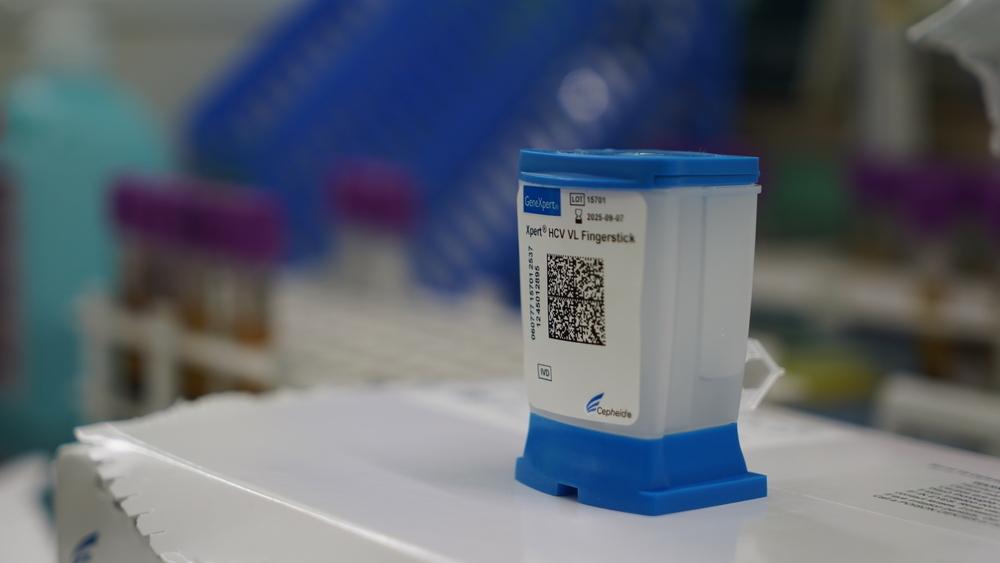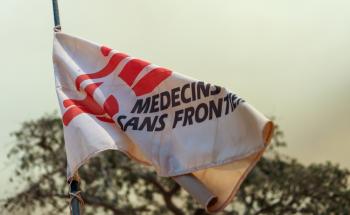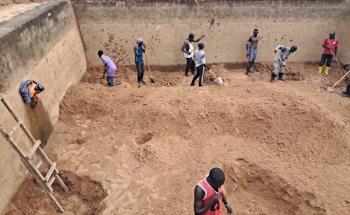Global efforts to fight three of the world’s most harmful and widespread infectious diseases—AIDS, tuberculosis and malaria—are now under threat due to dramatic funding cuts in global health financing, warns Doctors Without Borders (MSF).
In January, the United States—previously the largest funder of global health programs—announced a suspension and review of all international aid. Since then, nearly $3 billion of the $6 billion USD it had pledged to the Global Fund to Fight AIDS, Tuberculosis and Malaria for 2023 to 2025 remains unfulfilled. Key donors, including the US and, have yet to announce pledges for the Global Fund’s next three-year funding cycle, due in November.
“It would be a mortal blow should the Global Fund not meet its replenishment targets at this critical juncture in the response to HIV, TB and malaria. Our data has shown worrying trends of regression in the past 6 months. History will judge us harshly if we stay silent!” Anele Yawa, General Secretary, Treatment Action Campaign (TAC), South Africa
We urge key donor countries to maintain their critical support to the Global Fund on behalf of heavily affected communities worldwide. The fight against HIV, tuberculosis and malaria is a global, generational challenge—and it is far from over.MSF
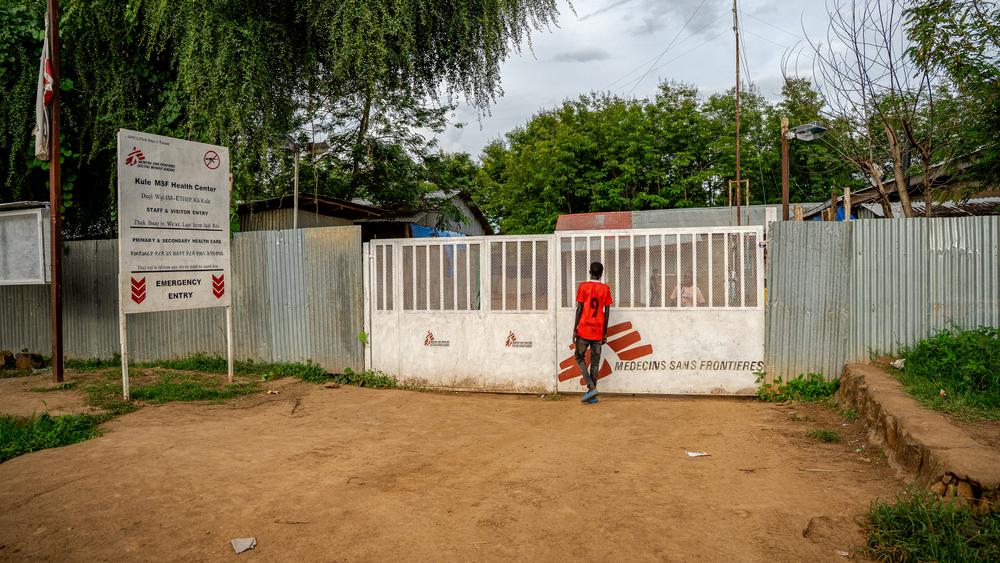
The Global Fund has long played a fundamental role in supporting fragile health systems across Africa, Asia, Latin America and beyond. Its grants help purchase medications and diagnostic tests, pay health workers and sustain disease prevention efforts. Without substantial pledges in the coming weeks and months, decades-long progress in reducing illness and death could be reversed.
MSF, which provides medical care to tens of thousands of patients with HIV or TB and more than 3 million people with malaria each year, is deeply concerned about the impact of weakening support for the Global Fund. While MSF’s work is not financed by the Fund, hundreds of community-based health organisations that rely on its support are now scaling back plans amid financial uncertainty and looming cuts.
“The consequences are already visible,” said Antonio Flores, Senior HIV/TB Advisor, MSF. “In Honduras, abrupt cuts by PEPFAR halted HIV prevention and care programs. Patients lost access to pre-exposure prophylaxis (PrEP) overnight, and health workers lost their jobs. We’re now seeing patients return with advanced opportunistic infections.”
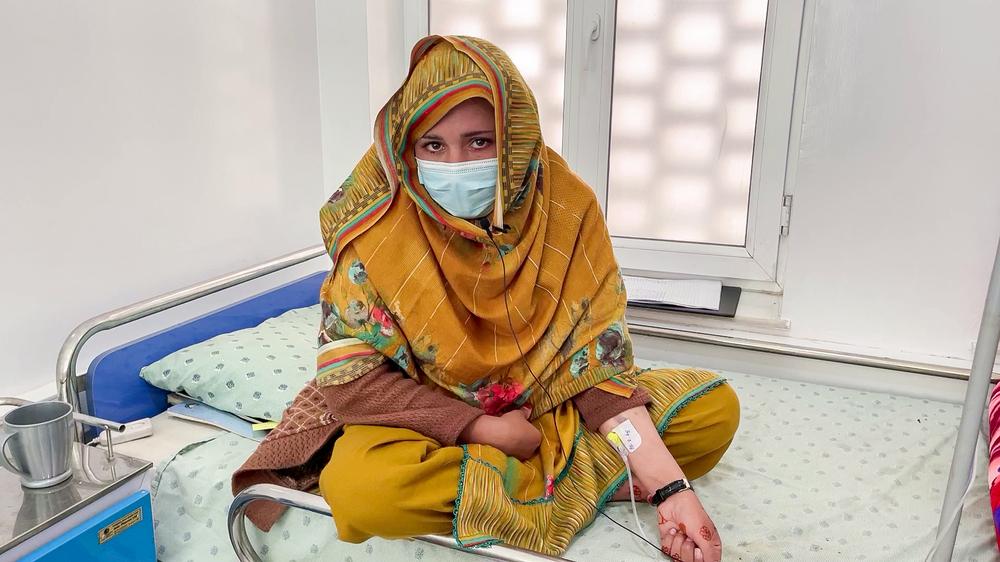
The reality of infectious diseases is that when left unchecked, they worsen and spread. Cutting funding undermines years of hard-won progress, while sustaining successful approaches and supporting promising innovations can save lives.
Despite medical advances, HIV still causes an estimated 1.3 million new infections and more than 600,000 deaths annually. Community-based organisations supported by the Global Fund have proven highly effective in improving prevention and treatment outcomes. Their progress must not be reversed.
New injectable PrEP offers promising protection for people at high risk of HIV, yet national scale-up efforts in Malawi have stalled due to reduced US funding. Sex workers in the country face HIV prevalence rates nearing 60 per cent.
Tuberculosis causes an estimated 1.5 million deaths per year. Thanks to efforts by the Global Fund and the UN High-Level Meeting on TB, fewer cases go undetected. But in Sudan, MSF has witnessed TB testing equipment sitting unused due to a lack of trained staff. In Belarus, research on drug-resistant TB supported by MSF and the Global Fund was recently halted due to unfulfilled funding.
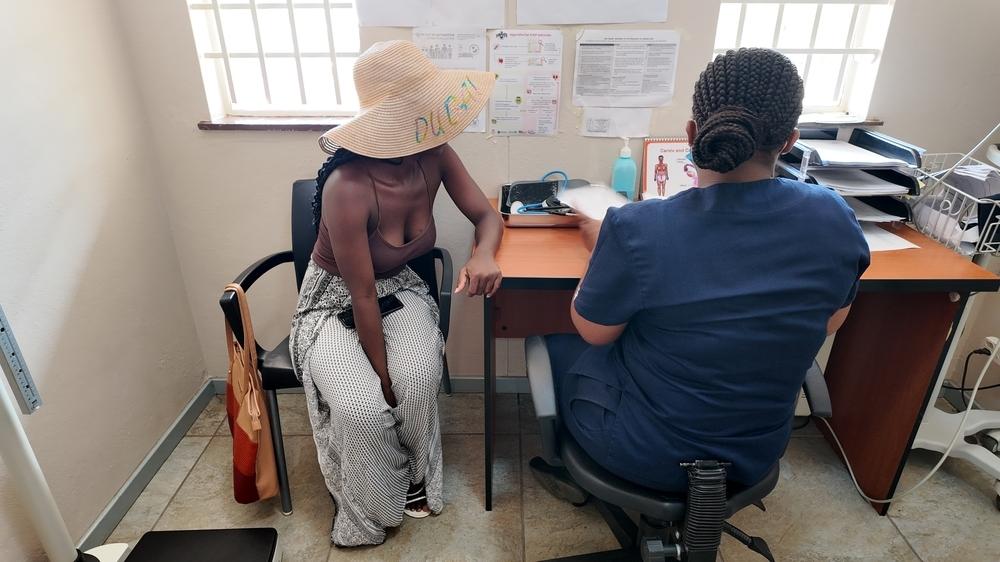
Malaria remains the leading cause of death among children under five in endemic countries. MSF teams in the Central African Republic, South Sudan and the Democratic Republic of Congo report frequent shortages of diagnostic tests and medications, and understaffed facilities with deadly consequences for young patients.
“Imagine hearing your unique child’s voice for the last time because of a preventable disease. If the 8th replenishment does not go ahead, it would jeopardize decades of progress, leading to a resurgence of malaria cases and unnecessary loss of lives.” commented Joseph Wato, President of COFIS-CSU Cameroon (CSOs Coalition for Health Financing and Universal Health Coverage in Cameroon.
The notion that domestic resource mobilisation can replace global health funding is not viable in many of the places MSF works. As highlighted in MSF’s recent report, Deadly Gaps, the cost burden increasingly falls on patients who cannot afford care.
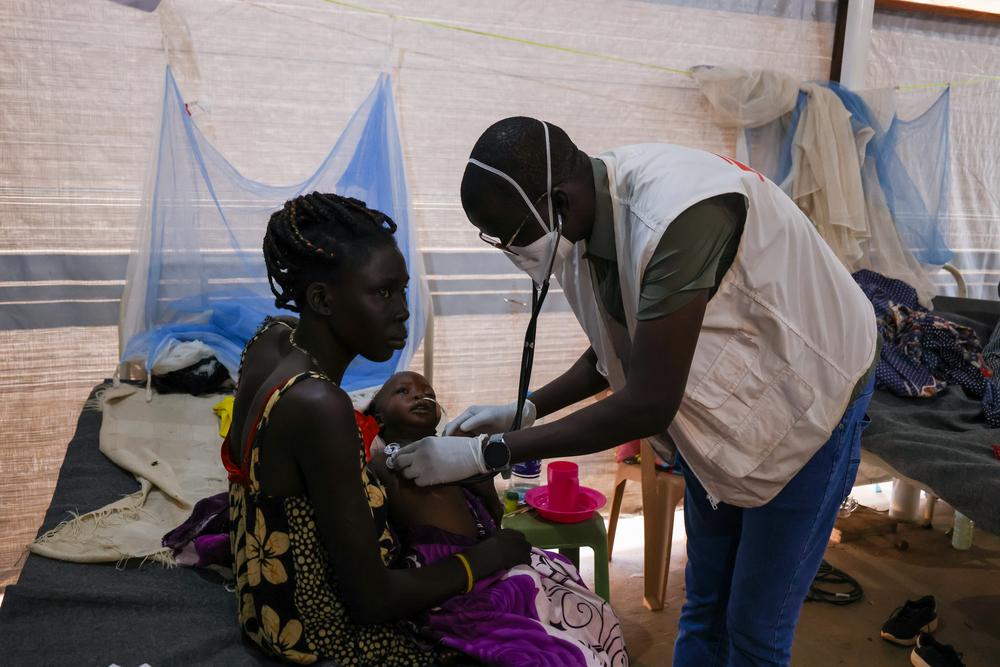
“Entire programs have shut down: As a result, patients are being lost to follow-up, treatment adherence is weakening, and anecdotal evidence points to rising unexplained deaths, possibly linked to psychosocial breakdown, relapse, or food insecurity.” added the Country Director of Youth Alive Liberia, reinforcing the urgent need for sustained international support.
MSF urges key donor countries to maintain their critical support to the Global Fund on behalf of heavily affected communities worldwide. The fight against HIV, tuberculosis and malaria is a global, generational challenge—and it is far from over.
